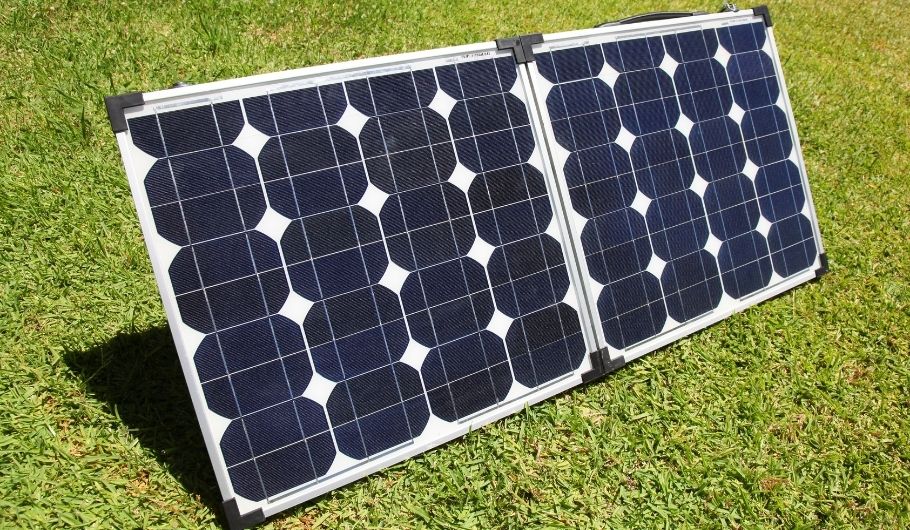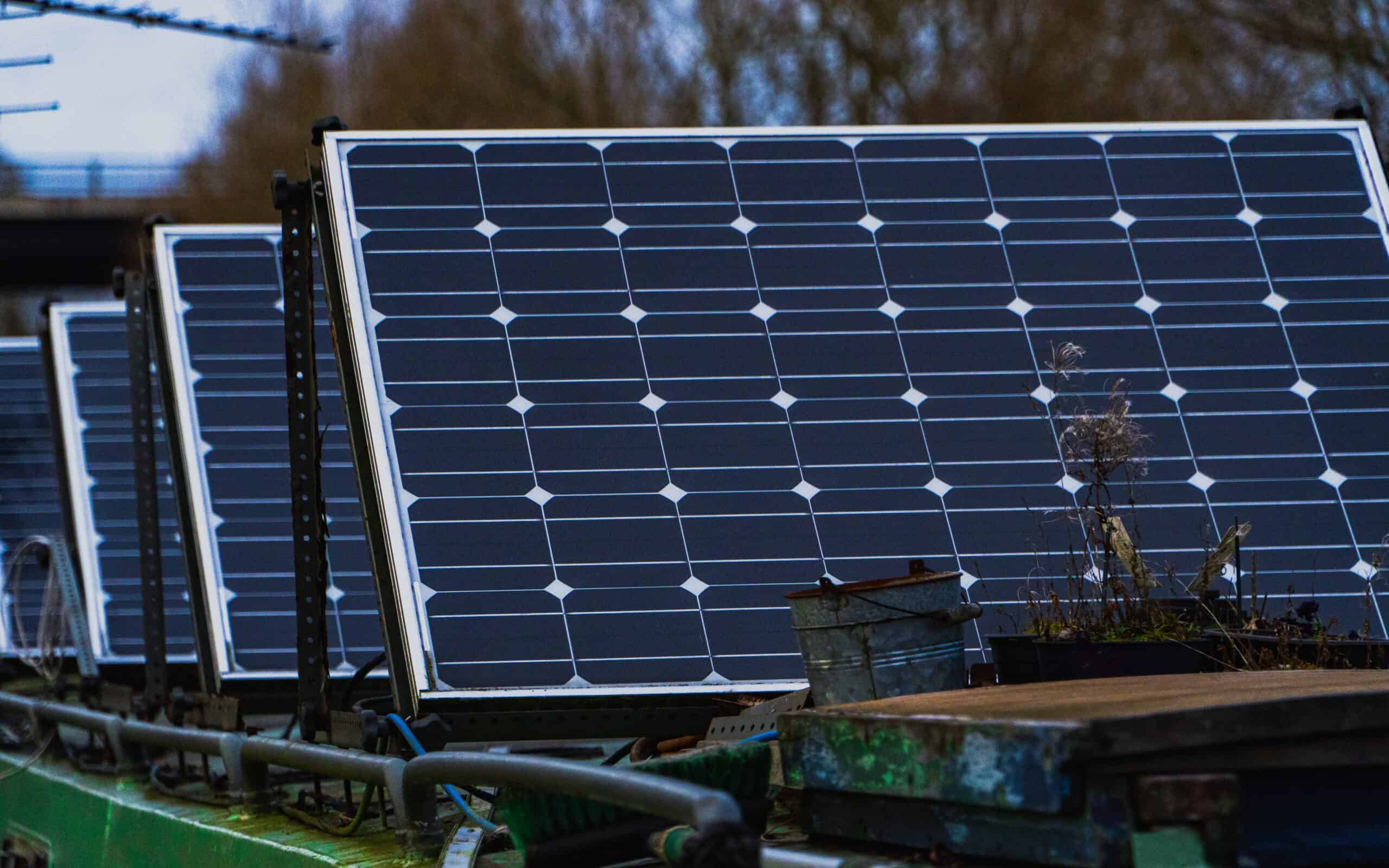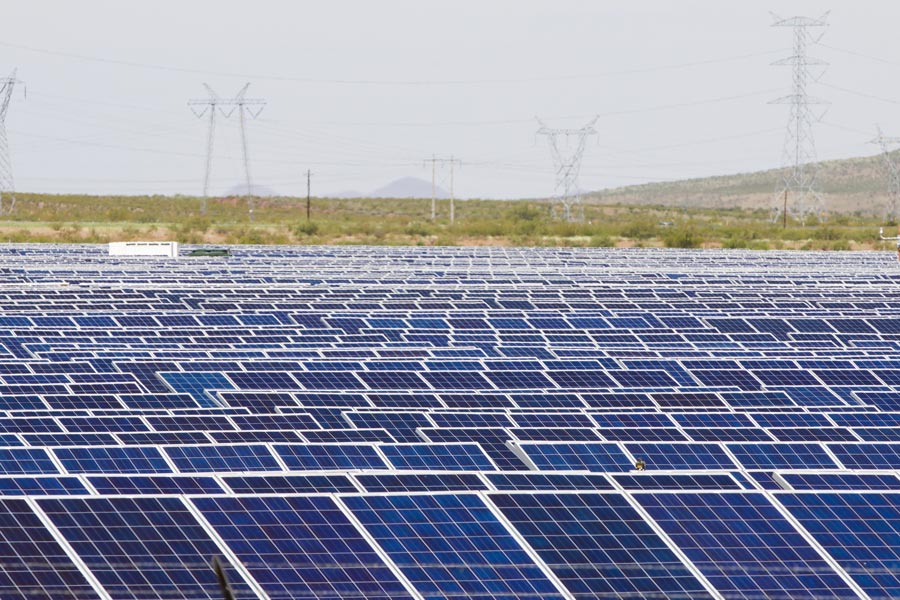
The definition of clean energy refers to energy resources which are renewable such as sunlight, wind, or geothermal heating. The majority of these energy resources are sustainable in general. This article will provide information on clean energy and its sources. We'll also discuss how these sources can help us in modern times.
Sources of clean electricity
Clean energy is energy that is derived from renewable resources and produces zero emissions. This type of energy is also known as renewable energy, or green energy. While renewable energy sources are clean in nature, they are not always clean in production. For example, while biomass fuels are renewable, they still emit carbon emissions. Several nations could be facing energy poverty if they don't have access to clean renewable energy sources. Investments are essential to ensure that clean renewable energy is made a reality.
Clean energy sources include wind, water, and solar energy. Geothermal energy is a type that uses the natural hot water resources and heat from the earth to generate clean energy.
Renewable energy sources
Renewable energy is energy that comes from natural replenishing sources like sunlight and wind. Renewable energy is renewable because it can be reused again unlike fossil fuels. According to the Bloomberg New Energy Finance and Business Council for Sustainable Energy’s 2022 Sustainable Energy in America Factbook (available here), renewable energy sources will supply over 20% of U.S. electrical demand in 2022.

Water, wind, solar, biomass, geothermal, and hydroelectricity are all renewable energy sources. Water has been used as a source for energy for many years. It can be converted into electricity or heat. Wind turbines can take energy from the sea and convert it to electricity. Tidal energy is another way to harness water's energy.
Renewable energy
Renewable energy is energy from renewable sources. These energy sources are usually clean and can be sustained. This energy can be used to power homes, power industry, and transportation. Furthermore, we can reduce our dependency on foreign oil and fossil fuels by using renewable energy sources.
Biomass can be made from natural resources and is a type of renewable energy. This type of energy is low in fuel consumption, produces little waste, and doesn’t deplete the reserves. Additionally, renewable energy doesn't contribute to global warming nor greenhouse gas emissions. Additionally, renewable energy projects benefit rural communities and are located far from cities.
Inexhaustible renewable energy sources
One of the best sources of renewable energy is the ocean. One way to harness energy from waves and tides, which are predictable and easy to measure, is to use them. Another method is to harness the difference in temperature/salinity between the surface and deep water to produce electricity. These two methods are in development and have enormous potential.
These sources don’t emit many emissions. Renewable energy sources produce low and high emissions, but not as much as fossil fuels.

Methods of compliance
Monitoring the compliance of renewable energy projects is a critical issue. Many clean energy projects span thousands of acres, and can have a significant impact on biological and cultural resources. Even though mitigation measures and permit conditions can reduce the impact on these resources it is vital to monitor compliance to ensure the project meets the requirements. Compliance monitoring is designed for utilities to ensure that their projects are managed in a way that meets their compliance obligations.
There have been major changes in the US energy market over recent years. Natural gas and renewable energy have become more affordable, which has led to the loss of high-emission coal plants. While it might not be necessary to intervene in the energy markets, it could still raise compliance costs.